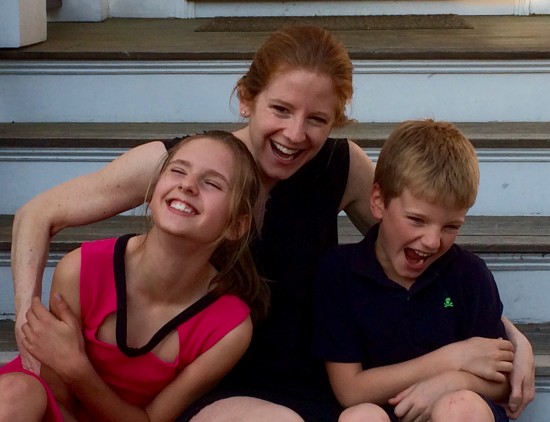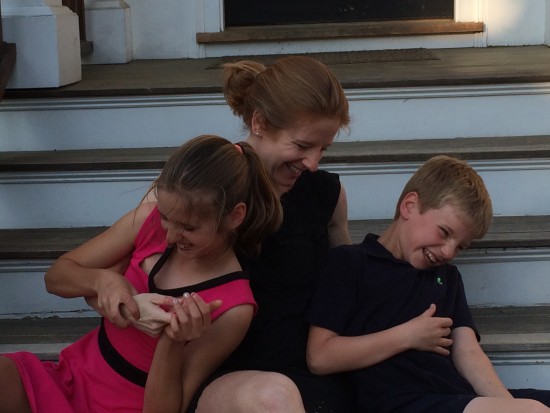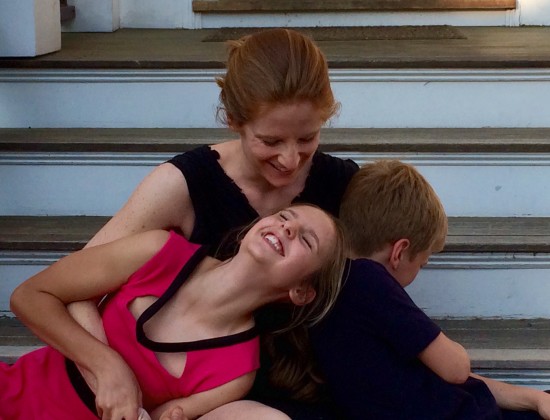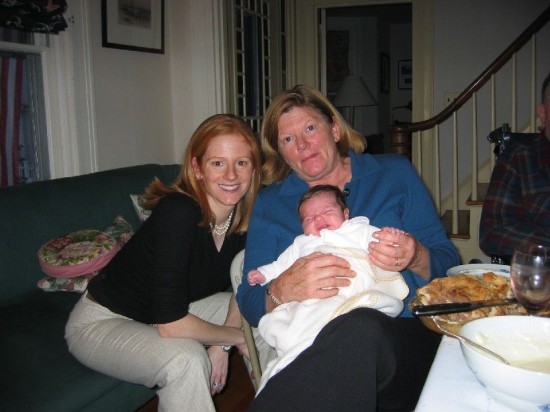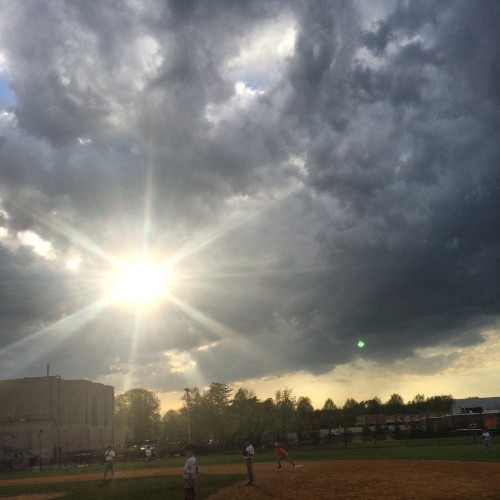
It was my friend Lacy Crawford who recently used the expression “close to the mystery,” and I haven’t been able to get it out of my head. Close to that gossamer boundary between worlds, fo which I wrote years ago, close to births and deaths and transitions. For some reason I think often of the scene with Sirius in Harry Potter where he passes between worlds (trying to be oblique here so as not to spoil this for anyone) … it’s magical and ineffable and beautiful and tragic at the same time.
Like life.
Close to the mystery. Yes. Lately I’ve been feeling awfully close to the mystery. There have been joyful births and startling deaths which remind me of how brief, how golden, how fleeting and how fragile is our time on this earth. There have been medical questions and scares and then reprieve, but the fears remind me, again, how faint the border is between what we know and disaster. Of the fact that we’re all one phone call from our knees.
Maybe it’s this darkness that I sense around the edges of the most ordinary days that gives the light its texture, though. I just read Heidi Julavits’ beautiful The Folded Clock and gasped out loud when I read “to be melancholy is to be self-haunted.” Perhaps we all have ghosts within us, and for some people that haunting feels visceral, real, unavoidable, close, eerie but also, naturally, it highlights the beauty of our lives.
Maybe it’s the after-effects of vertigo, or maybe it’s this time of year, which always reminds me in a powerful, inescapable way of the earth’s ceaseless turning, but it feels these days like my hand is on the pulse of the universe’s magic. I can feel the thrum of the universe under my palm, under my feet, in my every moment. Sometimes this awareness if exhausting, if I’m honest, and I find myself snappier with my family then usual and more tired (though my midlife seasonal allergies may also have something to do with that).
As always, in this season of commencement, of endings wrapped around beginnings, I think of Adlai Stevenson’s famous commencement address, and of these lines in particular:
And so I do, walking through the haze of pollen and magnolias and memories towards the inevitable goodbyes of early June, surrounded by graduation caps and gowns, sensing the mystery all around me. The truth of this life’s fleeting and brutal gorgeousness is so echoingly loud around me I can’t hear anything else. Something presses in on me from all sides, and sometimes I brush past heartbreak like skirting close by something unknown in the darkness. The pulse of this mystery is the rhythm of our lives. Mine, at least.

